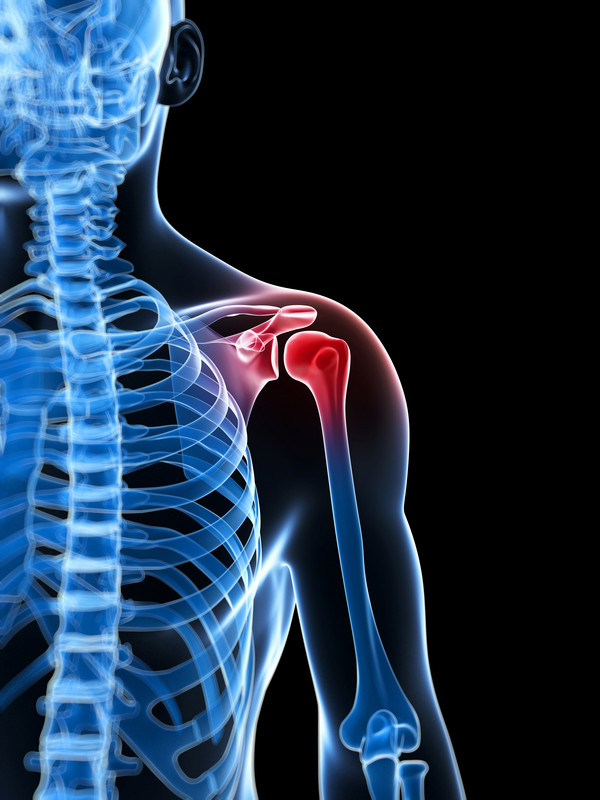Shoulder pain the most commonly experienced muscular pain in medical practice. With multiple factors to blame, rotator cuff injury can lead to cuff tear and unbearable shoulder pain. Pain in the shoulder joint restricts the movement of arms, neck, and head. This injury is most commonly experienced by the athletes.
Rotator cuff tears are of two kinds, full and partial thickness tear.
- Partial thickness tear is a tissue damage
- Full thickness tear is the splitting of soft tissues in half
What are the causes of rotator cuff tendonitis?
Prior to learning about the causes of rotator cuff tendonitis, it is important to understand why tendonitis takes place. It is a result of the rotator cuff moving beneath the bony area. This is caused by inflammation and constant scraping of soft tissues.
- Acute Rotator Cuff Tear
It is caused by a sudden blow on the shoulders in an attempt to resist or lift something heavy.
- Chronic tear
Chronic rotator tears are common amongst athletes who put excessive pressure on their shoulders. Chronic injuries could be followed by the acute tearing of muscles. Prolonged inflammation or repetitive movement can cause chronic tears.
- Tendonitis
The degeneration of muscle tissues. It is a result of tendons attaching themselves to a bone. The pain is caused by lack of blood supply and slow healing.
Symptoms of Rotator Cuff tendonitis:
- Starts with mild pain in the shoulders during movement
- Everyday activities will become painful, such as brushing or lifting things
- Pain towards the frontal area of the shoulder
- Spasms like sensation when the arm is extended downward
- Lower shoulder pain
Treatment for Rotator Cuff Injury
The treatment of rotator cuff injury is multifaceted and complex. Most commonly, patients with both acute and chronic rotator cuff injury are recommended to opt for physiotherapy. Surgical treatments in rare cases are performed as an arthroscopic procedure.
The advancements in arthroscopic procedures have helped repair the tear with minimum and less invasive means. With the goal of enhancing the tissue regeneration, new biological solutions such as stem cells therapy, platelet-rich plasma transfer are being investigated.
The treatment options vary from person to person, as well as the condition of each patient. In most common cases the treatment begins with physiotherapy, as the pain progresses in the shoulder. Basic exercise is recommended to maintain blood flow in the area of pain.
A new approach states that “In the absence of treatment alternatives, reverse total shoulder arthroplasty [RTSA] is a justifiable treatment for patients with a massive, irreparable rotator cuff tear before the age of 60,” according to the report by Christian Gerber, MD, of the University of Zurich and colleagues.
This may be able to help younger players with severe damage to their rotator cuff muscles.
Conclusion
It is best to avoid lifting heavy weight repeatedly. Maintain good blood flow by exercising regularly. If you are an athlete suffering from pain, try to avoid the pain by preventing excessive wear and tear of the muscles. It is best to consult a doctor for the most optimal treatment options.




